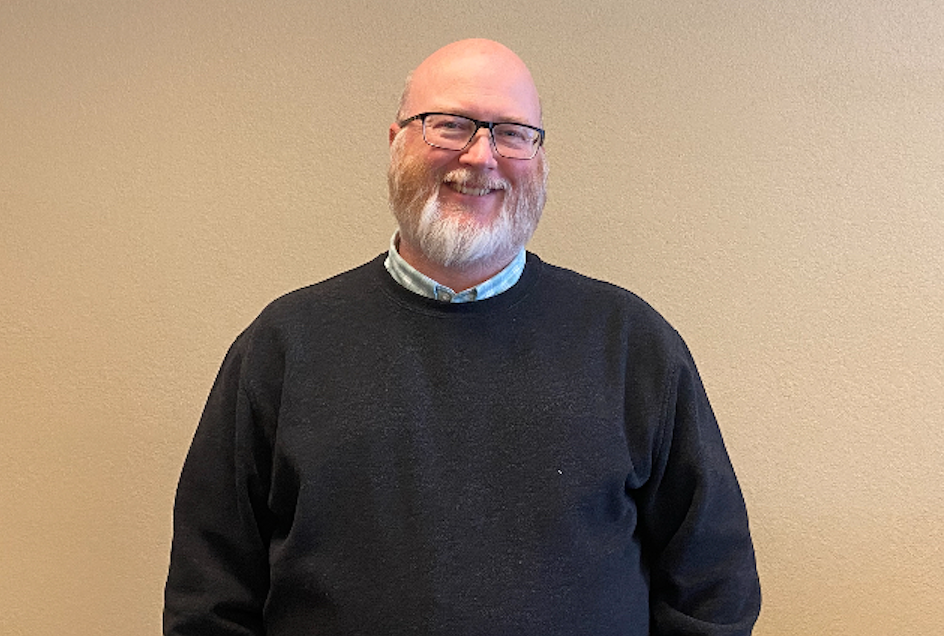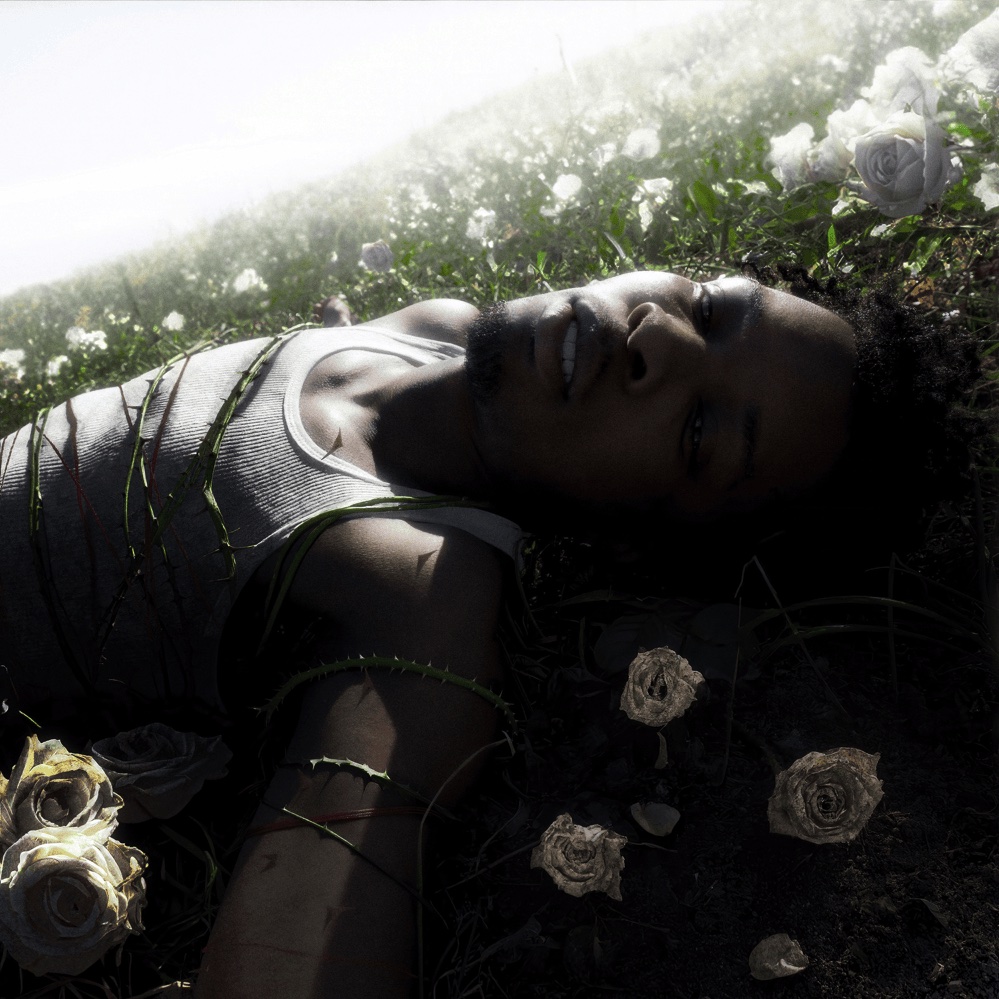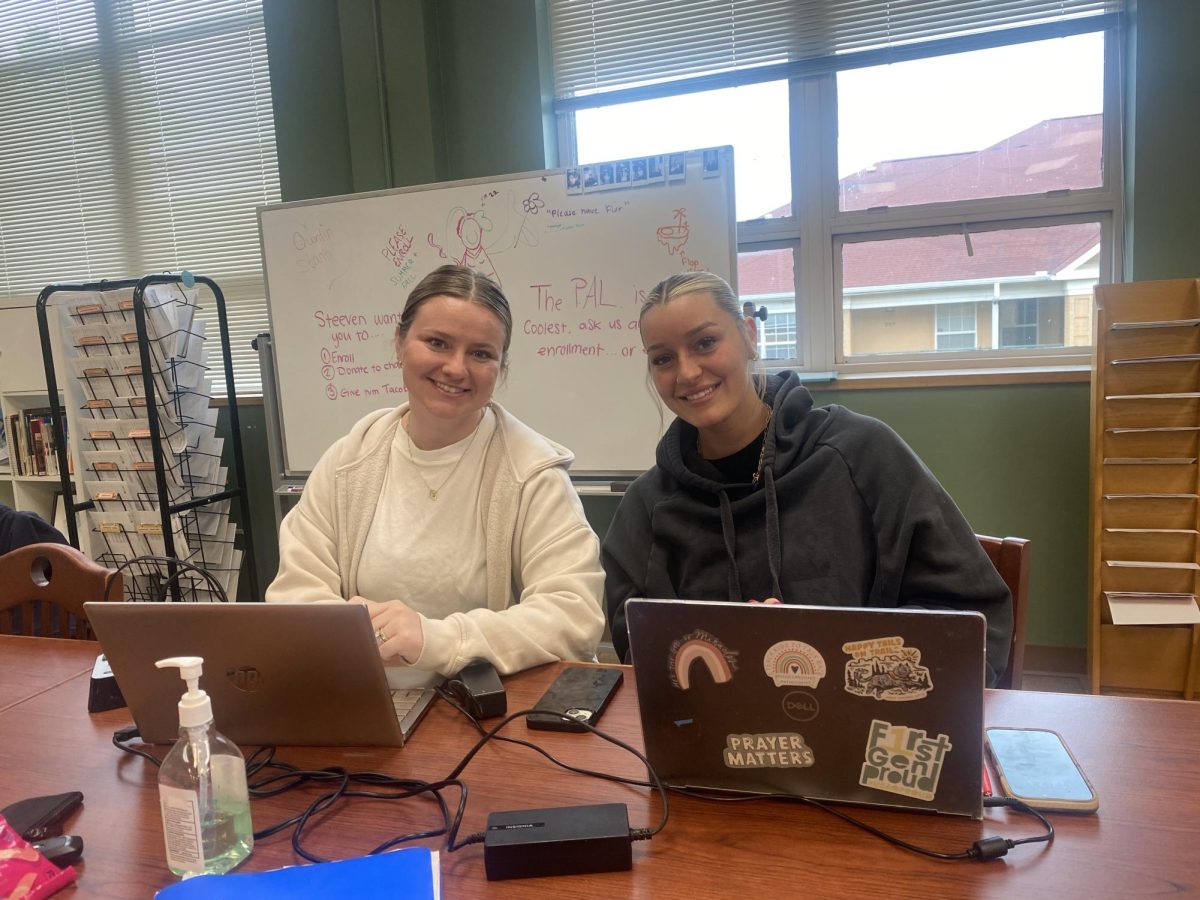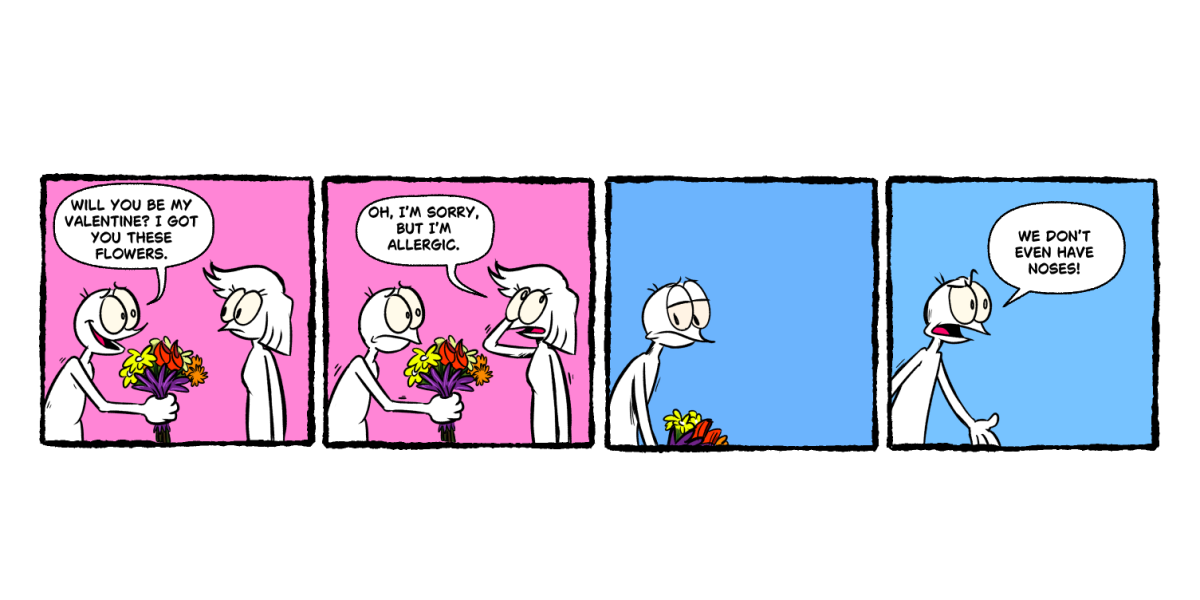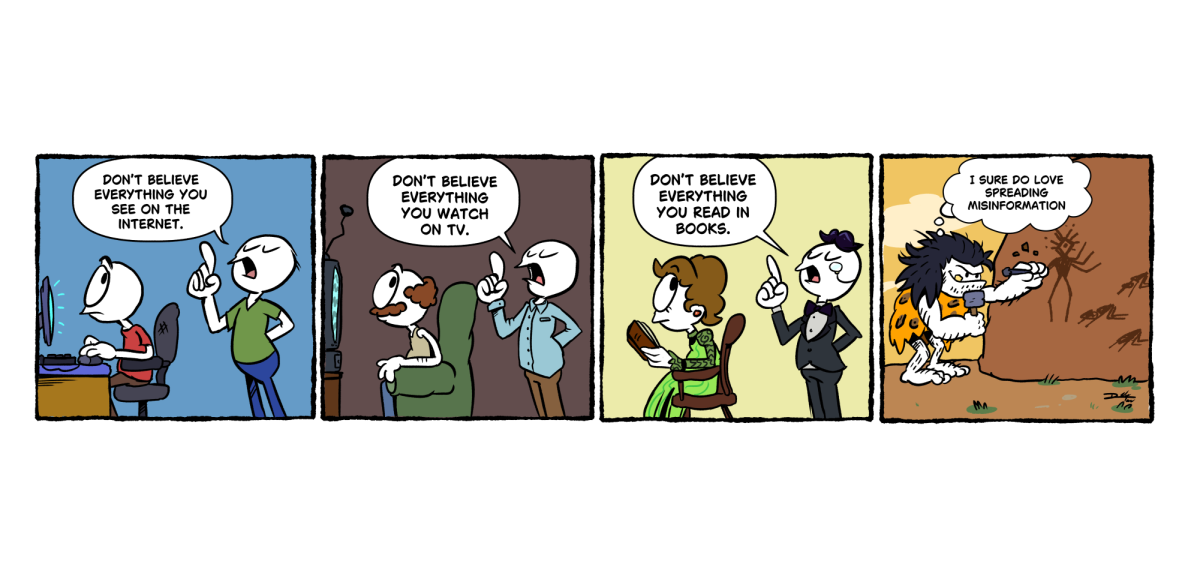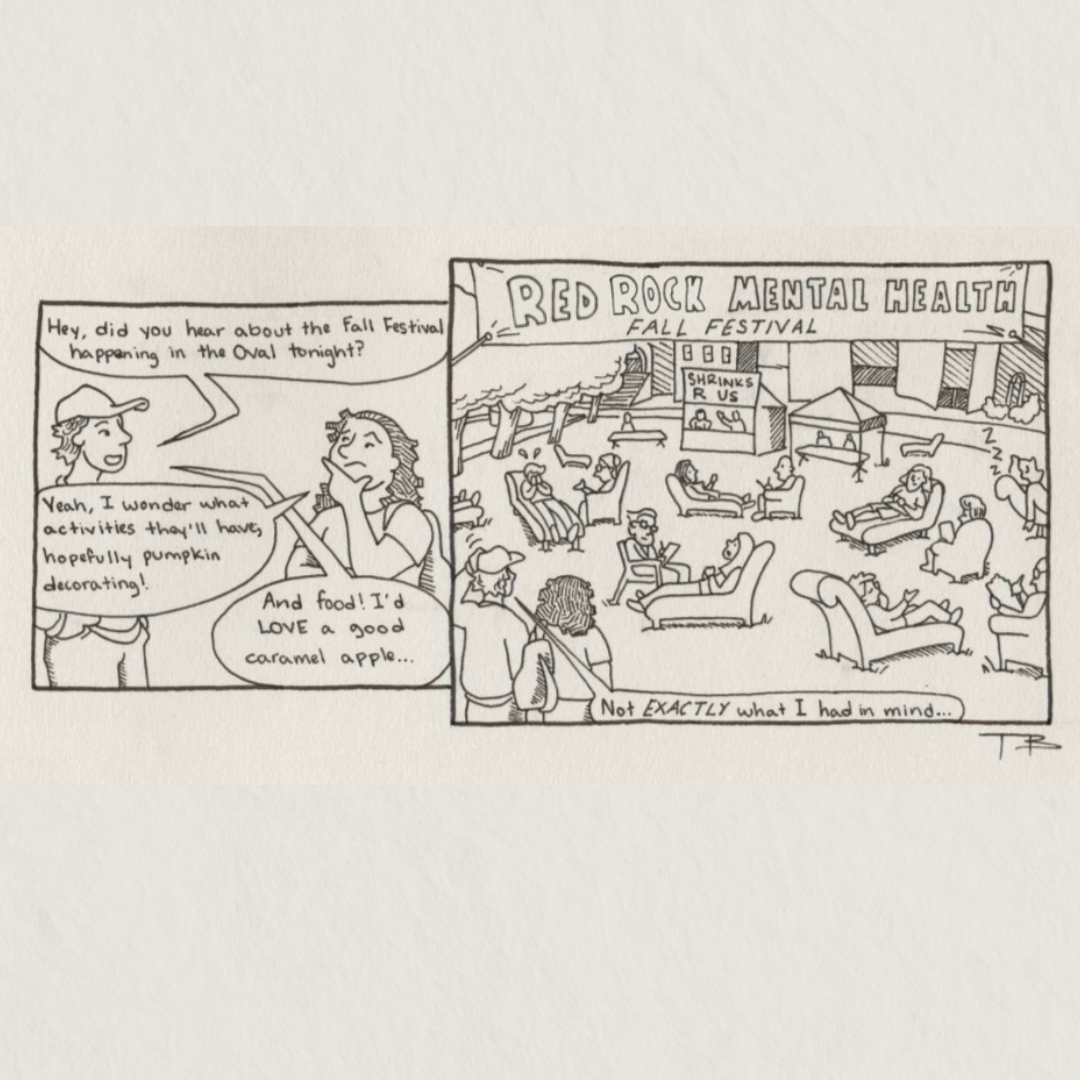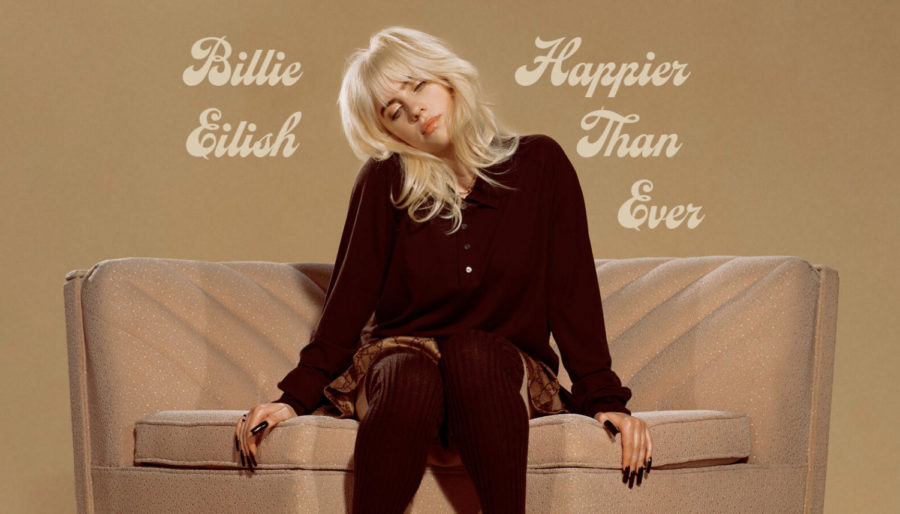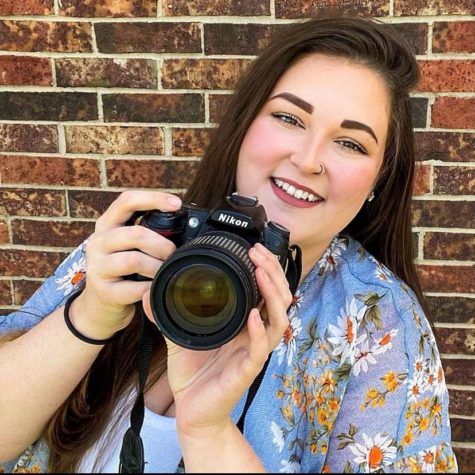Billie Eilish’s “Happier Than Ever” (Album Review)
Billie Eilish’s burgundy outfit pops against a beige background and seat in a promo photo for her newest album. Photo taken from online sources.
March 4, 2022
Twenty-year-old Billie Eilish continues to deliver hit songs one after another, and her newest album “Happier Than Ever” is no exception. Eilish has already won seven Grammy Awards and was the youngest artist to win all four of the major categories at the awards. She’s also secured five MTV Music Video Awards, four iHeartRadio Music Awards, and a long list of other awards for her debut album, “When We All Fall Asleep, Where Do We Go?” as well as other singles she’s released, and she is on track to receive even more come music awards season.
In this sophomore album, Eilish eloquently tells a coming-of-age story that touches on becoming a woman, self-discovery, and the realization that she doesn’t need someone else to make her happy. Many of the themes that Eilish discusses in “Happier Than Ever” are issues that a lot of people go through in life; at the same time, these are subjects that people in the music industry usually don’t discuss.
In the opening song, “Getting Older,” and the eighth song, “Halley’s Comet,” Eilish openly and satisfactorily discusses realizations of unwanted behaviors that she notices in herself that she wants to change. Even in becoming aware of these issues, there is a gentleness in her voice that indicates that while we may find faults in ourselves, we deserve gentleness and calmness rather than ridicule and harshness from others but especially from ourselves.
The second song from the album, “I Didn’t Change My Number,” features a slightly more upbeat rhythm with toned-down, almost muffled, vocals. In this piece, Eilish continues to discuss finding peace within herself. As the title suggests, Eilish says that instead of changing her number and making herself completely unavailable to certain people, she instead takes control of the situation by simply not acknowledging the people who no longer have a positive impact on her life.
With a new sense of power, Eilish exudes a more sensual side in songs like “Billie Bossa Nova,” “Oxytocin,” and “OverHeated.” Eilish has been critiqued for her changing style which has gone from edgy to more sophisticated. Her style used to include baggy clothes to disguise her body and a lot of extreme jewelry, but she has since shed the layers and now shows more of herself both physically and emotionally.
What Eilish touches on in “Not My Responsibility,” the spoken word piece in the album, is the way that how people view her, her body, and her style, is not her responsibility to shape. Eilish calls out the media and what they consider to be “newsworthy” events and goes on to explain that her body is not news because she’s a human being just like everyone else. Eilish is simply a young woman on a road to self-discovery, as are many human beings, female or otherwise.
In the sixth track of the album, “Goldwing,” Eilish creates an ethereal, heavenly sound by harmonizing with her own vocals in the song’s opening. Her story-telling capabilities continue to shine through in “Goldwing” as she serves as a mentor to a young, innocent woman, presumably her younger self, during a time of vulnerability. She warns her mentee that many people will “tell you what you want to hear, then they’re gonna disappear,” and gives her several pieces of advice including keeping her head down and protecting herself from the darkness in the world.
Eilish has a few more fun, fast-paced songs in “Lost Cause,” “NDA,” and “Therefore I Am,” each of which gives the audience a sense of power, strength, and independence. The same independence can be felt indirectly in “My Future,” as Eilish discusses being in love with her future self who is no longer involved with people who have previously betrayed her.
“Everybody Dies,” possibly the weakest song of the album features an extremely slow rhythm and Eilish’s signature whisper-like voice. Eilish discusses death in a matter-of-fact manner that depicts what people say to those who have been affected by death and how they don’t necessarily help people cope with the grief of losing someone. The song comes to a depressing close as Eilish has the audience consider the question of when they will die.
The twelfth song on the album, “Your Power,” is a song about doing the right thing. Eilish creatively illustrates how strange it is for anyone to be in a position of power and urges people in those positions to not take advantage of it. In the middle of a multitude of sexual misconduct allegations circling the media, Eilish has a delicate way of not only speaking on this subject from her own experiences but also encouraging people to not abuse their power or take advantage of others.
The strongest song and namesake of the album, “Happier Than Ever,” starts out in Eilish’s signature style: slow music and soft vocals. She begins by expressing how happy she is without having negative influences in her life. Eventually, most of the music drops out and Eilish discusses how her efforts with this person have all been exhausted, especially because they tend to listen to anyone other than Eilish. As the song progresses, a heavy beat makes an appearance along with loud vocals that are unusual for Eilish. By bringing something different than her normal sound to this song, she’s able to sufficiently make a powerful statement.
The final song, “Male Fantasy,” is Eilish’s most raw and honest song on the album. Eilish’s voice is quiet to emphasize her vulnerability as she discusses watching pornography as an escape from thinking about past people in her life, also as a distraction to try to get through the day without eating. Not only does she continue to tell a story, but she also opens herself up to her audience in a real way by admitting she has, or had, an eating disorder as well as a pornography addiction, two things that almost every American has had issues with in some form or another.
Overall, Eilish has over-delivered in “Happier Than Ever.” Her work on this album feels heroic, empowered, and accomplished. Eilish continues to show her audience how strong of a storyteller she is in both her intimate lyrics as well as the unconventional musicality of the album.
Bethany Sackett is a junior Communication major from Blanchard, OK.









